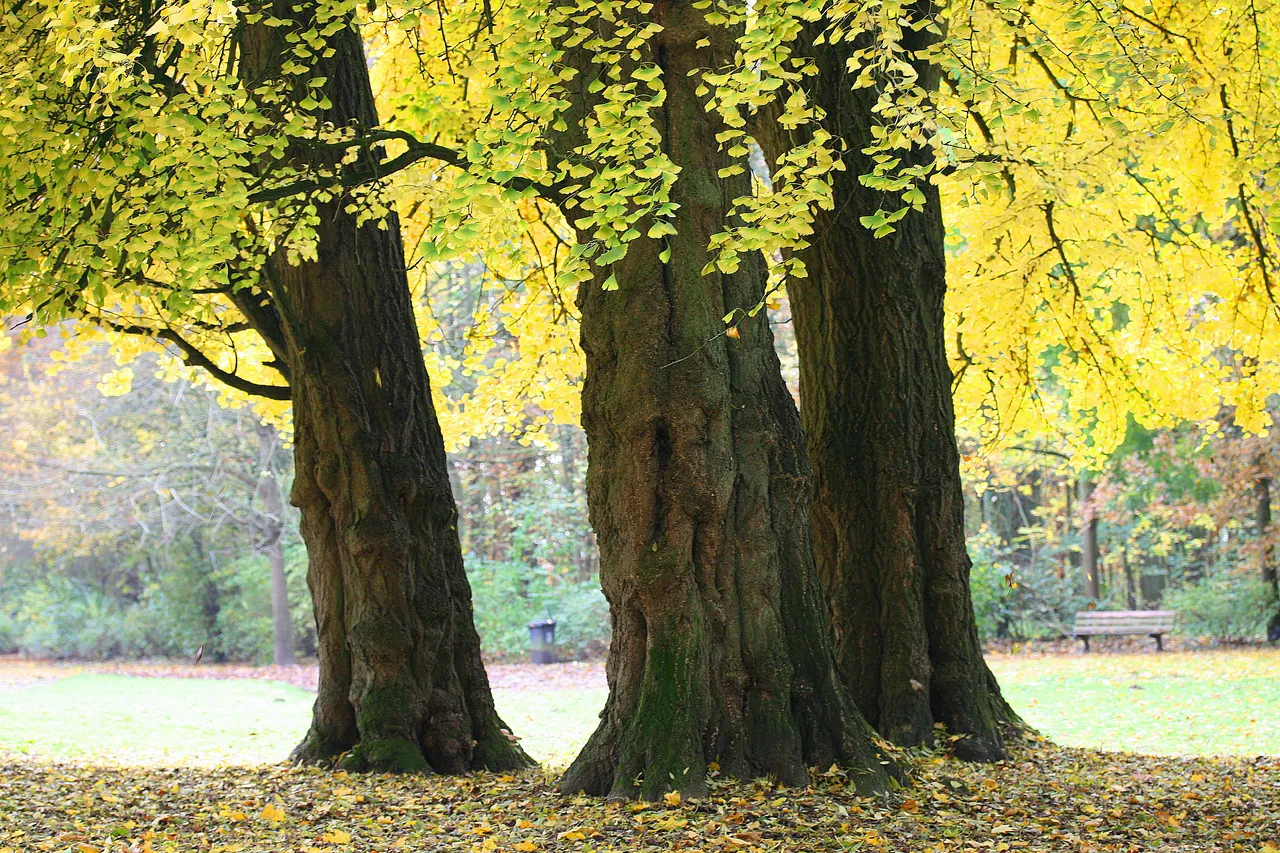In Africa, we believe so much in the power of herbs and leaves, although it is not so common anymore as scientific research is opening our eyes to usage in moderation and not in the so-high amount we used to have before now. I heard a funny name of a tree recently, but as funny as it may sound, it is very healthy and helpful.
Ginkgo biloba is a tree native to China and has been grown for several years for different purposes, it is usually referred to as living fossils based on the fact that it is the only surviving member of an ancient order of plants. Shortened to Ginko, it is one of the best-selling herbal supplements in Europe and the United States.
It has had a long history of being able to treat blood disorders and memory issues. Laboratory studies have revealed how ginko can improve the circulation of blood through the opening up of blood vessels and by making the blood less sticky, it is also referred to as an antioxidant.
Through scientific research, more than 40 components have been found, but only two of them are believed to act as medicine: terpenoids, and flavonoids. Flavonoids are said to protect the blood vessels, nerves, heart muscles, and retina from getting damaged.
Some studies have registered a reduction in the rate of cognitive decline in people who have dementia using ginkgo, but there has not been a consistent pattern of research to show whether ginkgo can reduce stress, anxiety, and other symptoms associated with Alzheimer's disease. Some studies have shown how ginko has helped to improve memory in people who have dementia. Memory improvement and thinking ability in young and middle-aged people have been registered.
Research has shown that the antioxidant properties found in ginko can improve blood flow to the optic nerve and retina of the eyes. Blood clotting can be improved with its consumption therefore improving the flow of blood and lowering high blood pressure. If a headache is caused by excessive stress, constricted blood vessels, stress, or reduced blood flow, then ginko can be helpful in that case.
Ginko has been made available in different forms, tablets, liquid extracts, and dried leaves for tea. The herb is however not recommended for children, people with epilepsy, people taking blood thinners, and pregnant or breastfeeding mothers. Diabetic patients should check with their doctors before consumption. Some people may also want to consume the raw and unprocessed version of the leaves which is not only unhealthy but poisonous too.
Like other medications, ginko is not helpful without some side effects like restlessness, stomach upset, vomiting, dizziness, nausea, headaches, and diarrhea. The extract of Gingko biloba is generally considered safe, but I believe that a proper check with the doctor before proceeding with the usage is very important.
Most times, herbs shouldn't be taken with medications, as several medications are processed through the liver, and there could be an interaction there, when taking medications, speak to your doctor before taking ginkgo.
https://pmc.ncbi.nlm.nih.gov/articles/PMC8901348/
References
https://www.healthline.com/nutrition/ginkgo-biloba-benefits#headaches-and-migraine
https://www.mountsinai.org/health-library/herb/ginkgo-biloba
https://www.health.com/ginkgo-biloba-benefits-and-side-effects-8745835
https://www.medicalnewstoday.com/articles/263105#risks

